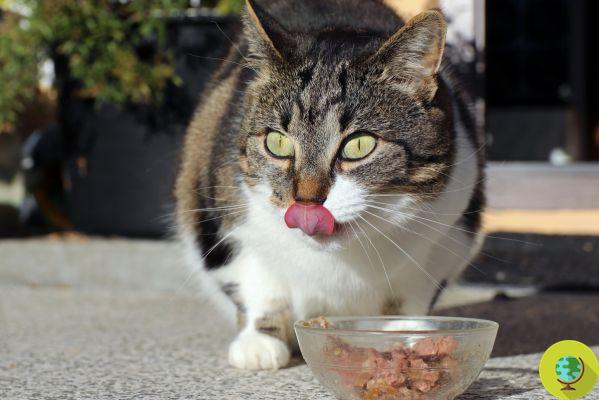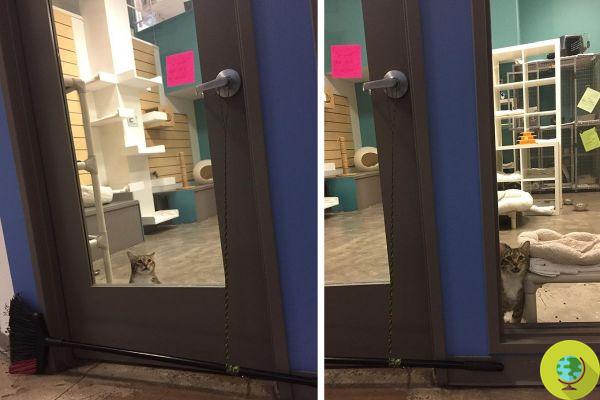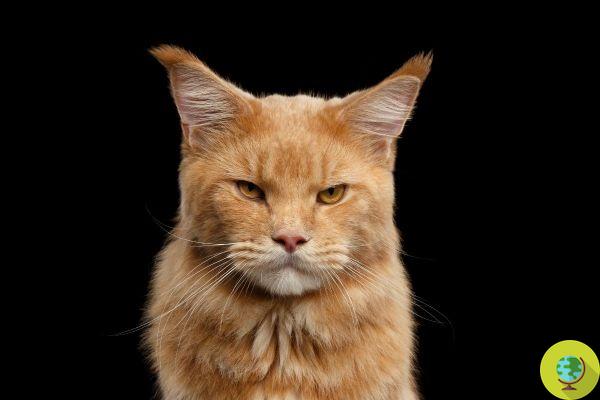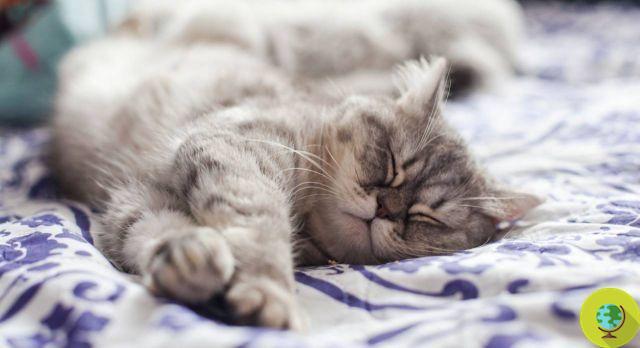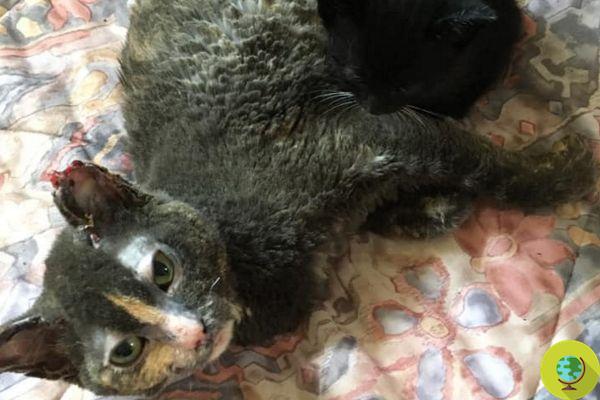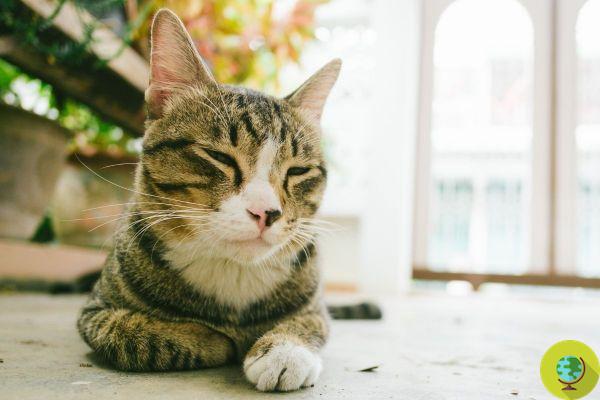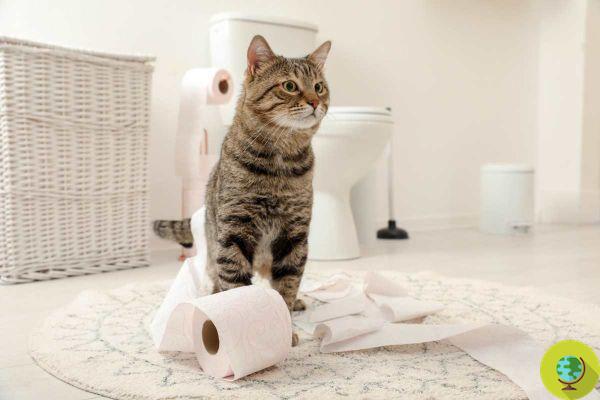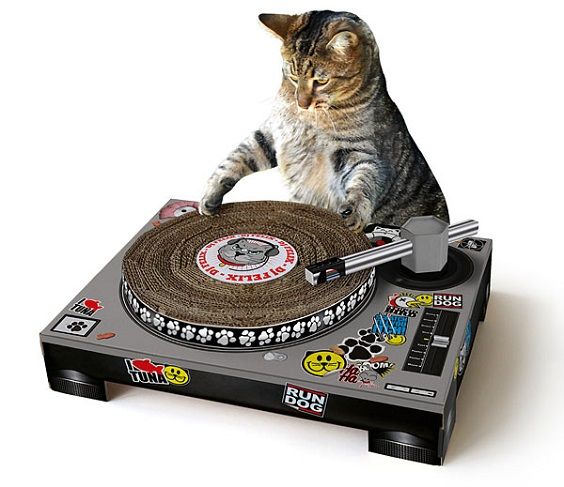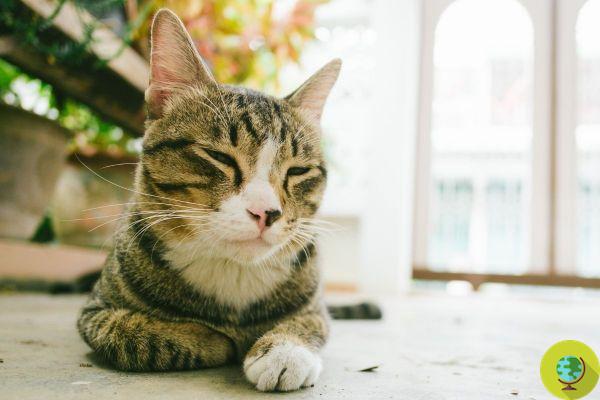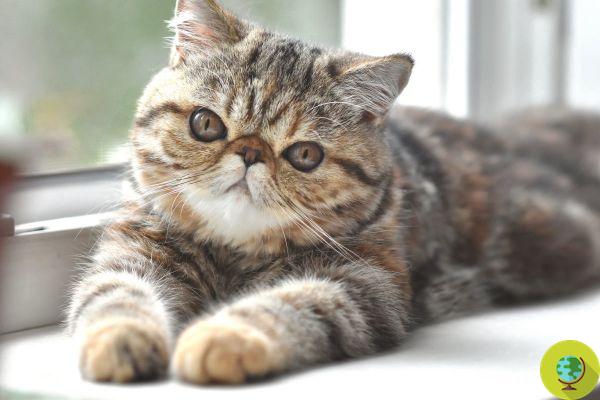
Are you considering getting an Exotic Shorthair as a pet? Here is everything you need to know about the health of this breed
He is about to end up run over, his mother saves himAre you considering getting an Exotic Shorthair as a pet? Here's everything you need to know about the health of this brachycephalic breed
Exotic Shorthair cats are immediately recognizable by their particularly flattened muzzle and close eyes. Due to its quiet and sociable character, it has become a much loved pet in recent years with families, especially those with children.
However, not everyone knows that this breed is the result of crosses between the Persian and the American Shorthair. Driven by the great popularity obtained by these cats, in the sixties some American breeders decided to create a cat very similar to the Persian, but with short hair. Its origin is therefore relatively recent and only in 1984 this new breed has been officially recognized.
Due to this series of selections, this feline breed is exposed to one series of health issues which he shares with other cats brachycephalic (the anatomical anomaly of the flattened snout) that would be better known if you intend to welcome one into the house. In order not to feed this business of "ad hoc" animals for aesthetic reasons, it would be better not to buy these cats from breeders or in shops. If you want one, we advise you to turn to animal shelters, as there are many stray or abandoned cats looking for a home.
Read also: Persian cat: the most common genetic diseases to know of this breed
Index
Exotic Shorthair: physical characteristics and personality
On a physical level, the Exotic Shorthair has a fairly massive and rounded skull, a very flattened one and short and robust legs. The eyes of this feline breed are round, close together and bright in color. While the hair of his coat is thick and short.
As far as the character of this cat is concerned, it is very affectionate and sociable, but tends to be pyro. Exotic Shorthairs generally sleep a lot and rarely meow. He has no problems living with other animals in the house, but he suffers a lot from loneliness. This is why it is important to be able to organize yourself so as not to leave him too alone during the day.
The most common health problems of the Exotic Shorthair cat
The average age of this feline breed is around 14 years, but it is essential not to neglect certain aspects concerning its health. We remind you that this cat is the result of different selections and is exposed to a series of problems, in particular breathing difficulties common to brachycephalic animals.
Hypertrophic cardiomyopathy
Among the pathologies that most affect Exotic Shorthairs we find hypertrophic cardiomyopathy. It is a disease that causes a thickening of the ventricular heart wall, compromising the normal capacity of the heart. The disease can manifest itself with several symptoms including: heart murmurs, dyspnoea, pulmonary edema and pleural effusion.
However, many cats with hypertrophic cardiomyopathy have no visible symptoms, so the disease is diagnosed late. The best way to detect it is to subject the cat to specific tests such as the electrocardiogram and cardiac ultrasound. Unfortunately, there is currently no cure for this disease.
Polycystic kidney disease (PKD)
Polycystic kidney disease is the most common kidney disease in Exotic Shorthairs and causes cysts to form in place of the cortex and medulla of the kidney. The number and size of these cysts vary from specimen to specimen. Cysts reduce the function of the kidney, causing it to dilate and can sometimes also be found in the liver and pancreas. Symptoms include nausea and vomiting, polyuria / polydipsia, anorexia and karst appetite, weight loss and muscle wasting, and lethargy. Being a hereditary and progressive disease, there is no long-term cure and the growth of the cysts cannot be slowed down.
Kidney stones
In addition, this cat breed is particularly predisposed to the formation of kidney stones. These stones can block the flow of urine, causing the kidneys to swell. If not treated promptly, a urinary blockage can prove fatal. For this reason, in the presence of symptoms such as sudden incontinence, difficulty urinating or blood in the urine, it is essential to contact your veterinarian immediately.
Respiratory problems
Like all brachycephalic cats and dogs, Exotich Shorthairs also suffer from respiratory ailments. Having such a flattened snout implies shorter nasal passages. As a result, this breed is more sensitive to both heat and cold, as well as excess moisture and dryness, and cannot breathe properly (leading to snoring and noisy breathing). All of this contributes to an increased risk of blockages, infections and ailments such as feline rhinotracheitis.
Follow us on Telegram | Instagram | Facebook | TikTok | Youtube
We also recommend:
- British Shorthair - the most common genetic diseases of this cat breed
- This cat suffers from a rare condition that causes muscles to grow out of all proportion
- The werewolf cat: how this bizarre and adorable animal was born
- The Boston Terrier is a brachycephalic dog - the most common genetic problems and why you shouldn't buy one




